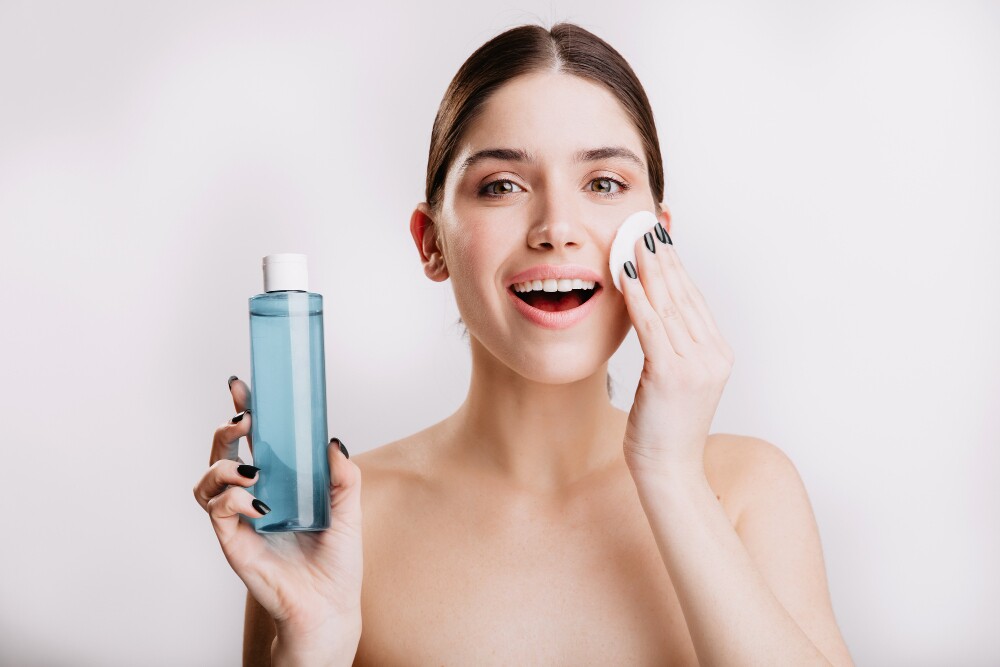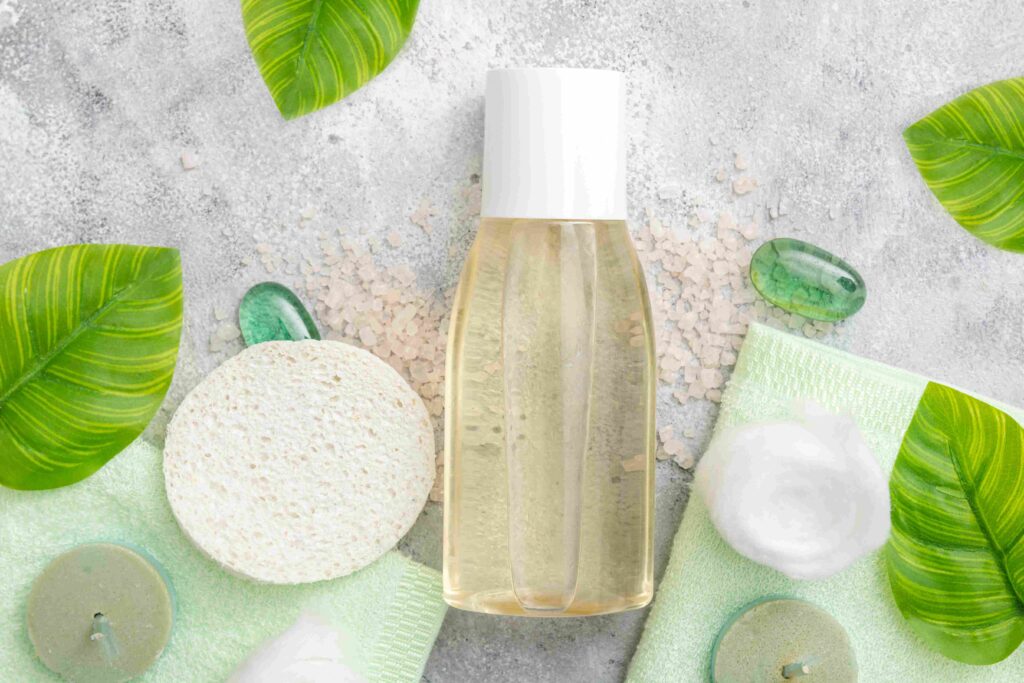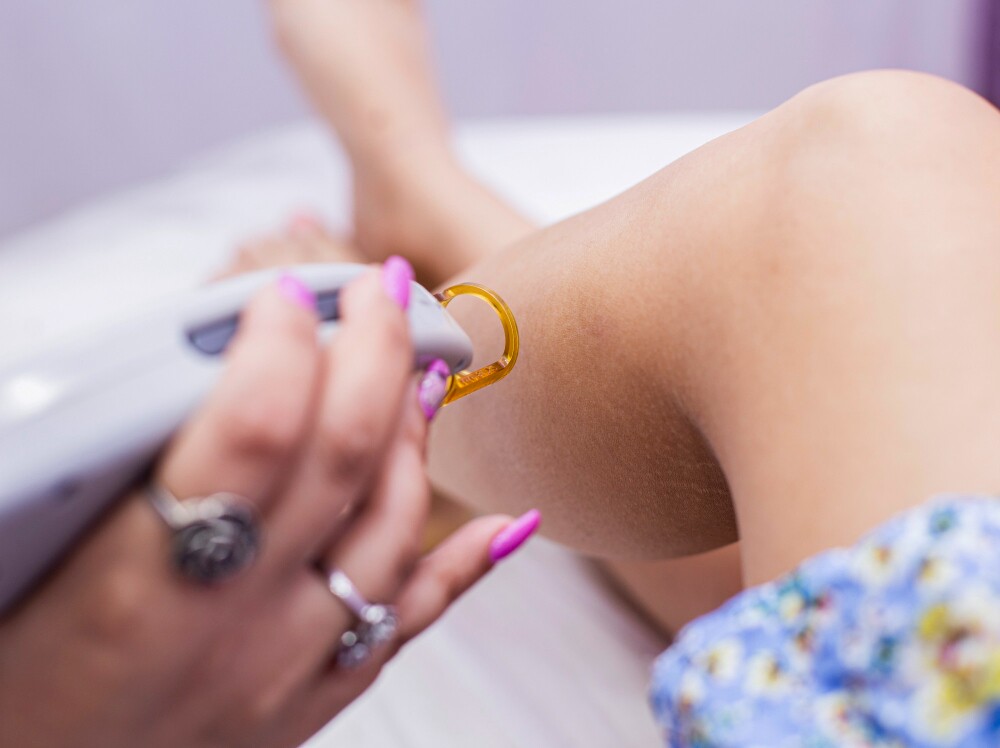What Does Toner Do for Your Skin

Let’s face it, the world of skincare is vast and can be completely overwhelming. Cleansers, serums, moisturizers – they all get a lot of attention. And there’s toner, a product that sits somewhere between mysterious and misunderstood. Is it just fancy scented water? Is it really necessary? Or could it be the key to unlocking your skin’s full potential? Let’s get into it.
The Basics: What is Toner?
Think of toner as the final cleanse after washing your face. Traditionally formulated as a liquid, toner is applied with a cotton pad and gently swept across the skin. While cleansers aim to remove impurities like makeup and surface dirt, toners dig a little deeper. They were also born in an era when cleansers were often harsh and drying, which brings us to…
A (Very) Brief History of Toner
Early formulas of facial toners were often alcohol-based and acted as astringents, leaving skin feeling tight and stripped. Their primary purpose was to remove last traces of cleanser and completely dry out any oil on the skin. It’s understandable why today, many still shy away from toner with the idea that it’s synonymous with that unpleasant skin-tightening sensation.
However, toners have come a long way. Modern formulas are much gentler, containing a whole host of beneficial ingredients that do way more than leave your face feeling parched.
So, What Does Toner Actually Do?
Here’s a breakdown of how those skin-loving ingredients get to work:
- Cleans Up Leftovers: While your cleanser should already have tackled grime and makeup, a toner is like a safety net, picking up any lingering impurities that may have been missed. Think of it as double-cleansing with less effort.
- Balances Your Skin’s pH: Your skin has a naturally acidic pH level, important for maintaining its protective barrier. Cleansers, especially harsh ones, can disrupt this pH. Toner’s job is to bring things back to the correct balance, strengthening your skin’s defenses.
- Hydrates and Preps: Most modern toners are packed with humectants – ingredients that attract and bind moisture to the skin. This gives your freshly cleansed face a drink of hydration and preps it for the next steps in your routine, allowing serums and moisturizers to penetrate more effectively.
- Shrinks the Appearance of Pores: Not quite literally, but toners can make pores appear smaller. By keeping pores clean and tight, and balancing oil production, they become less noticeable.
- Targets Specific Skin Concerns: Today’s toners are like a “choose your own adventure” situation. Many are formulated with active ingredients to help with particular skincare issues. Examples include:
- Exfoliating Toners: Contain acids like AHAs (think glycolic or lactic acid) and BHAs (e.g., salicylic acid) to dissolve dead skin cells and decongest pores.
- Hydrating Toners: With moisturizing ingredients like hyaluronic acid and glycerin, ideal for dry and dehydrated skin.
- Soothing Toners: Include anti-inflammatory ingredients like aloe vera or chamomile to calm irritated and sensitive skin.
- Brightening Toners: Use ingredients like Vitamin C that contribute to an even and glowing complexion.
Do You Really Need Toner?
Whether or not your skin needs toner ultimately depends on your unique concerns, skin type, and the effectiveness of the rest of your skincare routine. Here’s what to consider:
- If you have dry or sensitive skin: A hydrating toner could be a great addition to replenish moisture and comfort.
- If you have oily or acne-prone skin: A toner with exfoliating acids can help keep pores clear, reduce excess oil, and improve skin texture.
- If you wear heavy makeup: Toner ensures there’s no lingering product that could clog your pores.
- If you live in an area with hard water: Hard water can disrupt your skin’s pH, which a toner can help rebalance.
However, if you use a gentle cleanser, have naturally balanced skin, and are satisfied with your skincare results, then a toner might be optional. Just be aware that there might be specific concerns it could help address.
How to Choose and Use Your Toner
- Read the ingredient list: Choose a toner that aligns with your skin goals and avoids harsh ingredients like alcohol.
- Skin Type is Key: Oily skin may benefit from astringents, while dry types need gentle, hydrating formulas. Sensitive skin calls for soothing and minimal ingredients.
- Patch Test First: This applies to any new skincare product, particularly if you have sensitive skin.
- How to Apply: After cleansing, soak a cotton pad and gently sweep across your face and neck, avoiding the eye area. Follow with your usual serums and moisturizer.
A Note About Mist Toners
You may have noticed the newer varieties of spray-on, mist toners. While misting your face throughout the day can feel refreshing, their ability to effectively provide those crucial toner benefits is debated. For a deeper impact, stick to the classic application with a cotton pad. However, these mists can be useful for an on-the-go moisture boost.
Myth-Busting: Common Toner Misconceptions
Let’s squash some lingering toner myths:
-
“Toners make your pores shrink for good.” False. Toners can temporarily tighten the appearance of pores by removing gunk and excess oil. While this creates a smoother look, pore size is genetically determined.
-
“You should feel tightness after using toner.” Absolutely not! This sensation likely means the toner is too harsh and stripping your skin of its natural oils, damaging its protective barrier. Modern toners aim to leave skin feeling refreshed, not dried out.
-
“All toners are basically the same.” Definitely not! Toners can be tailored to a variety of skin concerns. Think of them as a targeted skincare boost rather than a generic post-cleansing step.
Advanced Tips for Toning Like a Pro
Here are some extra techniques to make toner work even harder for you:
-
Double Toner! If you have multiple skin concerns, try layering two different types of toners. Use an exfoliating one followed by a hydrating formula. This technique is best for those experienced with different skincare ingredients.
-
DIY Toner Masks: Soak cotton pads in your favorite toner and place them on targeted areas with issues (for example, a breakout zone). Leave for 5-10 minutes for an extra dose of those beneficial ingredients.
-
The 7-Skin Method: Inspired by Korean skincare, this involves applying multiple (think 7) thin layers of toner for intense hydration. For best results, choose a simple, hydrating formula.
So, Is Toner Right For You?
Ultimately, choosing to include a toner in your routine is a personal decision based on your skin’s needs. For a lot of people, a well-formulated toner can be the step that takes their skincare to the next level. Here are some signs that a toner might benefit you:
- Your skin feels dry or tight after cleansing
- Your pores seem enlarged
- You struggle with stubborn breakouts
- You want an extra layer of hydration
- You have dull or uneven skin
If you’re unsure, a consultation with a dermatologist or skincare professional can provide individualized guidance on whether toner is a good fit for you and provide product recommendations specific to your skin type.
The Takeaway
Don’t think of toner as a mandatory step you have to do. Instead, think of it as a tool in your skincare arsenal. Modern toners have so much potential to give your skin a healthier, more radiant glow. Choose wisely, listen to your skin, and let toner show you what it can do. You might be surprised just how much of a difference it makes!












